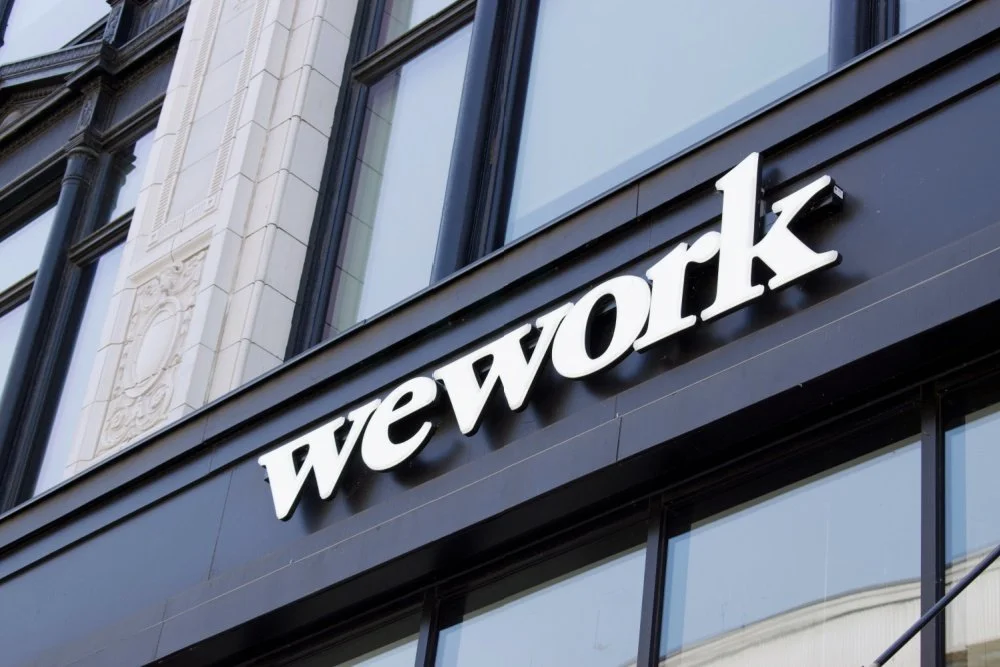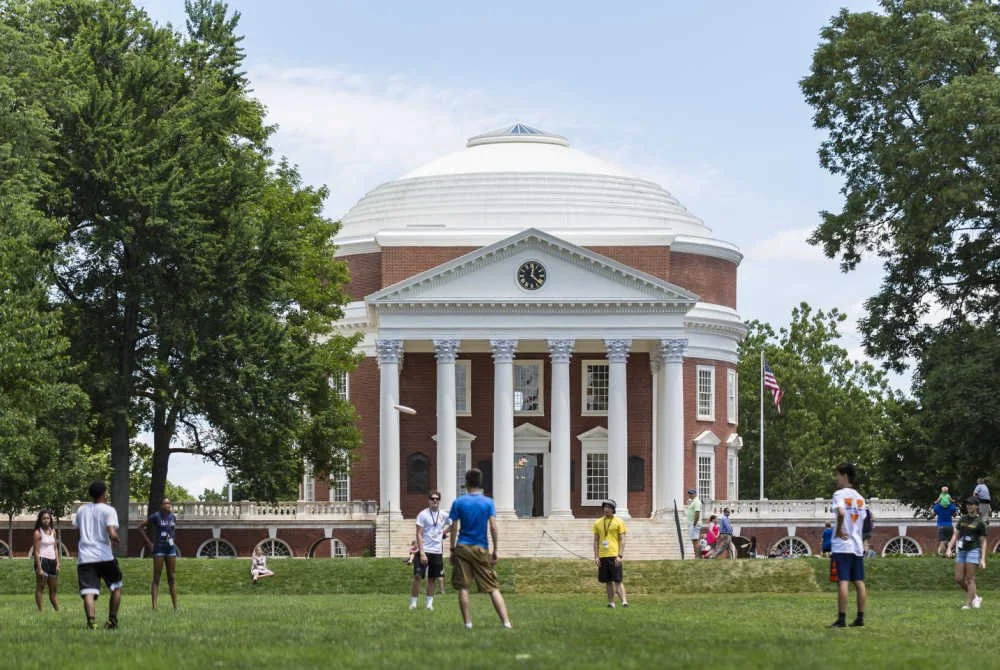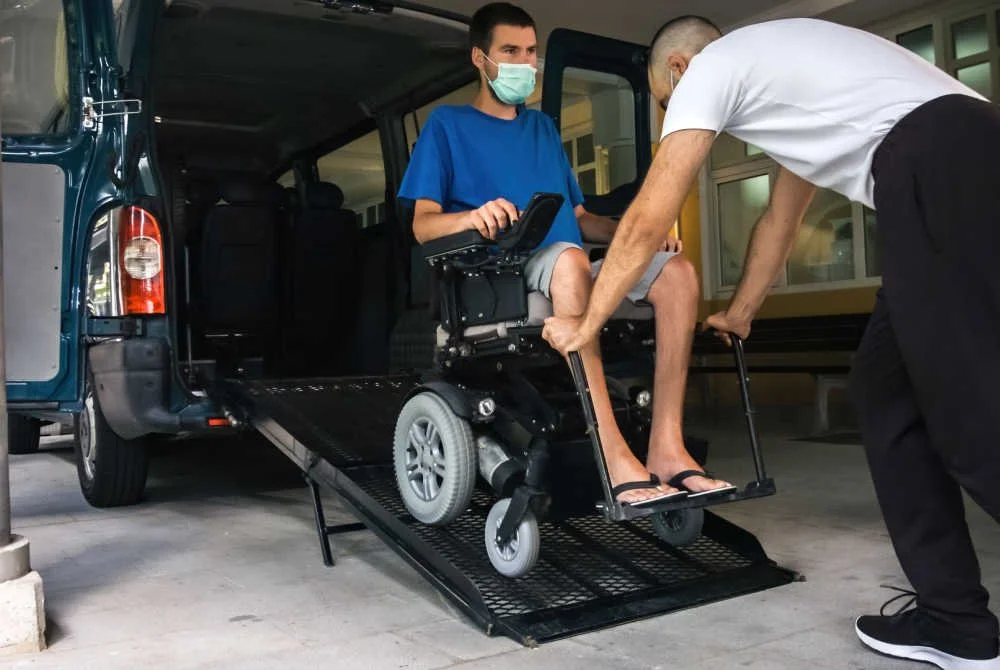As Research Yields New Gains, More Money Flows for Genomic Medicine
/ktsdesign/shutterstock
Foundations and major donors have long been excited about genomic medicine, backing a field focusing recent attention on distortions to individual patients’ gene sequencing that occur during the development of cancer and other major diseases. With personalized genetic code sequencing, biomedical researchers believe they can use genomics to design and implement far more precise and effective medical treatment plans, saving lives and also money. Over recent years, as we’ve reported, a number of deep-pocketed funders have bought into these hopes, making gifts to a range of institutions.
Today, with genomic medicine yielding increasing gains in such fields as oncology, pharmacology and infectious diseases, more private money is coming to the table. Recently, funders from three countries have collectively poured nearly $200 million into genomic research—investments that promise more progress in a fast-emerging field.
Denmark’s Growing Leadership Role
First, there is Novo Nordisk Foundation’s recent announcement of a DKK 990 million ($151.3 million) grant over 4.5 years to establish and operate a National Genome Centre in Denmark. Funding from the Danish pharma giant will launch the Centre’s data and information technology unit. “The grant from the foundation will contribute to Denmark being able to improve the overall initiatives in personalized medicine to a level that would otherwise take a long time to achieve in Denmark’s healthcare system. This will benefit patients,” said Ellen Trane Nørby, Denmark’s Minister for Health.
According to data from the 2016 Best Countries rankings, Denmark has one of the best public healthcare systems in the world. It is largely funded by taxes, and allows equal access to healthcare regardless of economic status. When it comes to electronic health records, the Danish information system is the most efficient in the world. Now, the National Genome Centre will position Denmark among the leading countries using genomic information for personal diagnosis and treatment.
Denmark’s parliament established the National Genome Centre in May of 2018 as an independent organization under the country’s Ministry of Health “with the goal of developing and running a nationwide information infrastructure for advancing precision medicine by providing a common infrastructure with capacity for genome sequencing and a national genome database.” According to the foundation, “about 60,000 people will undergo whole-genome sequencing during the NGC’s first five years of operation.” Data supplied to the NGC will be used for disease prevention, diagnosis and statistical or scientific research.
Unlocking the Keys to ALS
The New York Genome Center (NYGC) received $6 million in funding for its Center for Genomics of Neurodegenerative Disease (CGND) from two foundations. The ALS Association is committing $3.5 million to the CGND, including a $1 million commitment from its Greater New York chapter. In addition, the Connecticut-based Tow Foundation is contributing $2.5 million.
This is the second infusion of cash from these funders. Previously, following the 2014 Ice Bucket Challenge, the ALS Association gave $2.5 million to the CGND to match a $2.5 million gift from the Tow Foundation.
The CGND's ALS Consortium is a collaboration of clinicians, scientists, geneticists and computational biologists from around the world who share data with ALS researchers globally. The goal of the CGND is to sequence and analyze the genomes of several thousand ALS patient samples in order to “discover new ALS genes that could represent new therapeutic targets or lead to a better understanding of ALS disease pathways.”
The new funding from the ALS Association includes $450,000 for completing this whole-genome sequencing effort. According to ALS Association President and CEO Calaneet Balas, "The NYGC CGND has helped create a flourishing ALS big data community focused on innovation and open data sharing. It is hoped that this data will reveal genomic patterns and pathways that help us better understand the complexities of ALS."
A Growing Push in Canada
Genome Canada announced that it has partnered with the Canadian federal government and various provincial governments, businesses and research groups to provide C$56 million ($42.6 million) in funding for a number of projects applying bioinformatics and genomics to human health, agriculture and the environment.
The 37 recipients are winners of three of Genome Canada's funding competitions, including the organization's Bioinformatics and Computational Biology (B/CB) competition. Among the winners are the Hospital for Sick Children, receiving C$3 million to develop transcriptome-based diagnostics for rare diseases and cancer; a collaborative of researchers from the University of Toronto and the University of Minnesota, which will receive C$990,910 to “advance a computational platform for discovering genetic interactions underlying human disease”; University of Ottawa researchers, who won C$2.9 million to develop a technology for “rapidly assessing the effects of drugs or other compounds on individual microbiomes”; and Sinai Health Systems group, which received C$3 million to “develop a digital microfluidic platform for the non-invasive collection of fetal cells for prenatal diagnosis.”
Funding What the Government Doesn’t
Funding for genomic sequencing used to be the exclusive province of national governments. While the majority of funding still comes from governmental sources, philanthropy is playing a growing role in this field, with support typically focused on backing “innovative and risky research,” according to The Scientist.
These private funders have the freedom—and resources—to pursue research without realizing an immediate return on the investment. Philanthropic money is often essential to catalyzing such risky projects, with government funding coming at a later stage, once the research is more fully developed. This familiar story has played out in many fields of biomedical research, and genomic medicine is only the latest example.
Related: "Wave of the Future." The Field of Genomic Medicine Gains Steam—And Funders







































